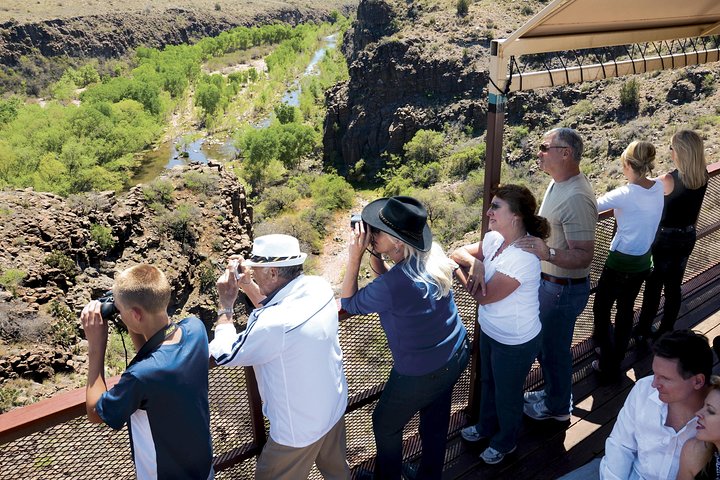New York City
Explore
 Unique Activities
Unique Activities
 Transfers & Transportation
Transfers & Transportation
 Tours, Sightseeing & Cruises
Tours, Sightseeing & Cruises
 Entry Tickets
Entry Tickets
 Sporting Events
Sporting Events
 Good for Small Groups
Good for Small Groups
 Seasonal & Holiday Tours
Seasonal & Holiday Tours
 Walking Tours
Walking Tours
 Outdoor Activities
Outdoor Activities
 Limitied Availability Tours
Limitied Availability Tours
 LGBT Friendly Tours
LGBT Friendly Tours
 Family-friendly Activities
Family-friendly Activities
 Wildlife Activities
Wildlife Activities
 Solo Travelers' Tours
Solo Travelers' Tours
 Food & Drinks
Food & Drinks
 Travelers recommend
Travelers recommend
 Good for Groups
Good for Groups
 Top Activities
Top Activities
 Guided Audio Tours
Guided Audio Tours
 Art, Culture & History
Art, Culture & History
 Attractions to explore
Attractions to explore
 Sustainable Tours
Sustainable Tours
 Limousine Transfers
Limousine Transfers
 Donut Walking Tour
Donut Walking Tour
 Virtual Experiences
Virtual Experiences
 Additional fees
Additional fees
 DSA non-compliant
DSA non-compliant
 Unique Activities
Unique Activities
 Transfers & Transportation
Transfers & Transportation
 Tours, Sightseeing & Cruises
Tours, Sightseeing & Cruises
 Entry Tickets
Entry Tickets
 Sporting Events
Sporting Events
 Good for Small Groups
Good for Small Groups
 Seasonal & Holiday Tours
Seasonal & Holiday Tours
 Walking Tours
Walking Tours
 Outdoor Activities
Outdoor Activities
 Limitied Availability Tours
Limitied Availability Tours
 LGBT Friendly Tours
LGBT Friendly Tours
 Family-friendly Activities
Family-friendly Activities
 Wildlife Activities
Wildlife Activities
 Solo Travelers' Tours
Solo Travelers' Tours
 Food & Drinks
Food & Drinks
 Travelers recommend
Travelers recommend
 Good for Groups
Good for Groups
 Top Activities
Top Activities
 Guided Audio Tours
Guided Audio Tours
 Art, Culture & History
Art, Culture & History
 Attractions to explore
Attractions to explore
 Sustainable Tours
Sustainable Tours
 Limousine Transfers
Limousine Transfers
 Donut Walking Tour
Donut Walking Tour
 Virtual Experiences
Virtual Experiences
 Additional fees
Additional fees
 DSA non-compliant
DSA non-compliant




 en
en
 Russian
Russian
 French
French
 Polish
Polish
 Ukrainian
Ukrainian
 Serbian
Serbian
























 More
More



 Continue with Google
Continue with Google
 Continue with Facebook
Continue with Facebook
 Continue with Twitter
Continue with Twitter

